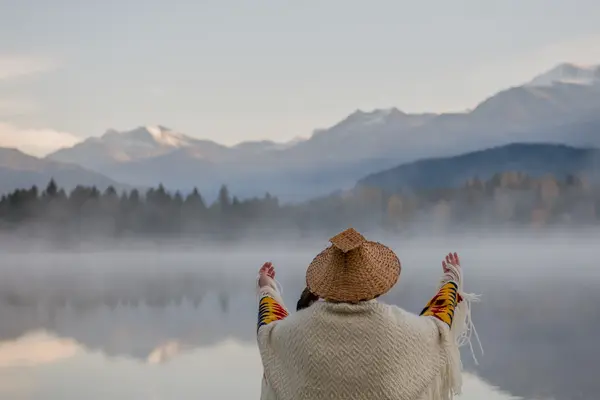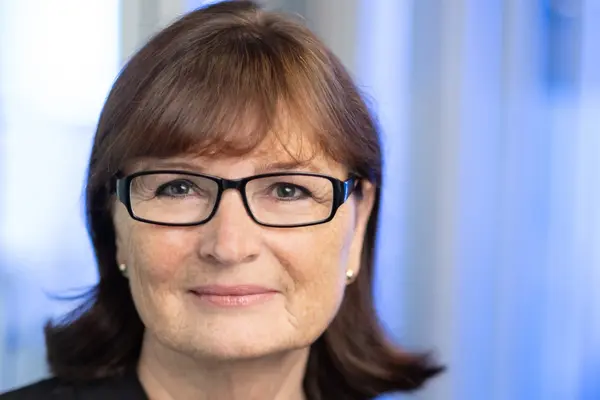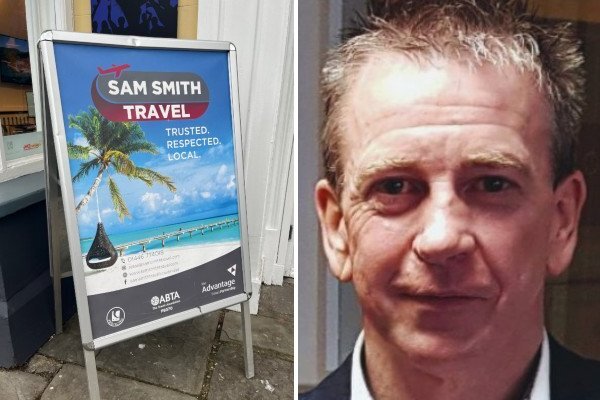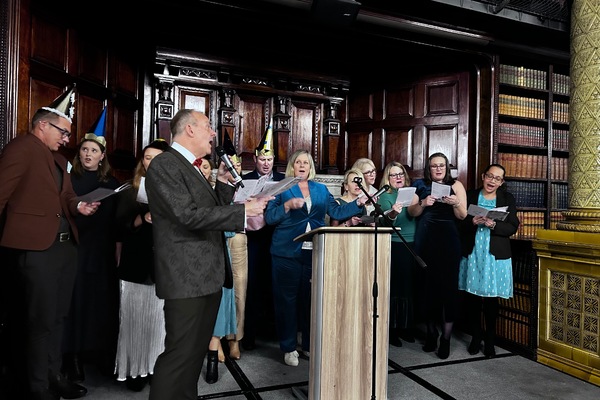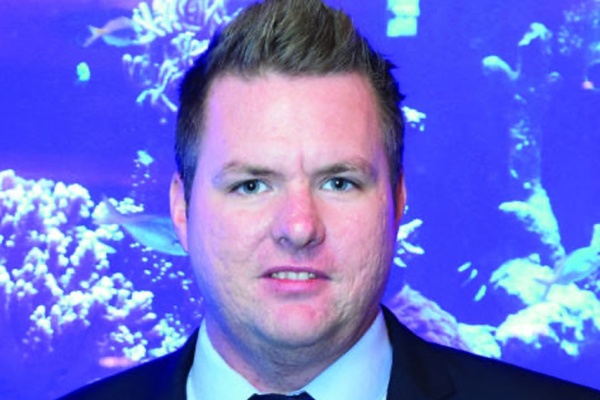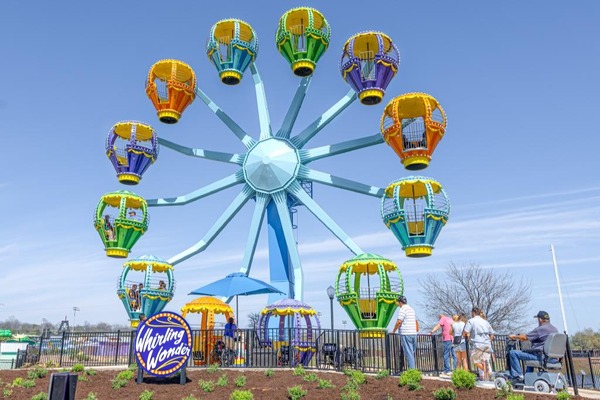Canada: 'Tourism must enrich the lives of locals too'
Destination Canada’s goal is to become a shining example of regenerative tourism, but what does that entail? The tourist board’s leader Marsha Walden explains all
Canada ranks 11th in the world for growing a sustainable tourism sector, according to the World Economic Forum’s 2024 Travel and Tourism Development Index. But that’s not where the world’s second largest country wants to be, Marsha Walden, president and chief executive of Destination Canada, states, having failed to regain its top 10 position since 2009.
“Becoming a top seven destination by 2030 is our target, and that does mean we have to be a lot more competitive,” she says.
“It’s not that we’ve done anything wrong,” she clarifies. “It’s that other countries have really recognised the value of tourism, invested heavily in their assets, and developed their infrastructure and experiences.”
“We think there’s an extra $20 billion annually on the table, if we really start to address all of those encumbrances to growth, and that would align us with how globally tourism is growing,” she concludes.
Earlier this year, Canada released its 2030 Strategy – this being a roadmap that takes a regenerative approach to tourism growth, aiming to leave destinations better off with visitors than they would be without. The strategy is focused on building communities because tourism helps sustain the amenities that make life richer for local residents, such as transportation links, festivals, museums, trails, recreation facilities, arts, culture, pubs and restaurants. Canadians are at the heart of the strategy, with tourism supporting communities to help businesses thrive, such as a florist supplying hotels or a local gas station dispensing fuel to RVs.
To support this, Destination Canada is creating a Wealth and Wellbeing Index, that will provide a strategic benchmarking tool for the tourism industry to track its progress in economic, environmental and social sustainability, from national to community level. The plan is to use the index to track the progress of tourism in touching individual lives year-on-year.
Walden says: “A regenerative system creates net benefits. It’s not extractive. And tourism relies on so many aspects of society that you don’t want it to be taking away from an area’s cultural richness or to feel exploitative in some way.”
The risk of tourism being exploitative is particularly important for Canada, given the negative impacts of colonialism that have been felt on the lives of the country’s Indigenous people throughout history. This has led some Indigenous communities to withhold parts of their culture that are too precious or mystical, or simply not something they want to share. “We have to find the right balance between engaging the world in this beautiful, rich element of Canada without it being exploitative,” says Walden.
‘TRUTH AND RECONCILLIATION’
The 2030 Strategy acknowledges that Canada is a country of both amazing achievements and terrible injustices and that to truly represent Canada to the world, Canadians must understand their own history. In this way,
reconciliation tourism provides a platform for truthful storytelling.
This level of honesty feels very different for Canada – 10 years ago these weren’t even discussion points, and now the leader of the tourist board is helping to open up spaces for empathy and dialogue.
“Reconciliation is an emerging area of understanding – everybody’s at a different stage,” Walden says. “We call it truth and reconciliation, and many are still understanding the truth but are not ready for conciliation.
Communities might not be willing to share, and they have the right to withhold or share.”
The fact that not everyone is willing or ready to do it makes those instances where Indigenous communities are welcoming and inviting guests to listen to their stories even more valuable, she says. “It’s so much more than a tourism experience, it’s a life experience, and a human experience of understanding the world of someone else through their eyes.”
Walden also points out that Canada’s most sought-after experiences – hunting the northern lights and wildlife viewing (whales, polar bears and so on) – are going to be very different experiences when viewed through the lens of an Indigenous storyteller because of the spiritual connections they have with the natural world. “Indigenous people are not on the land in the same way we are. They are of the land.”
Destinations to watch
It will certainly be an interesting five years for Canada, as it strives to climb the league table of nations. Walden will be looking keenly at Scandinavia “who are probably doing some of the best work” in regenerative tourism while hoping to emulate the success of Singapore in achieving a grand vision and also the brand building of Iceland, who have created a place for themselves in the world that is “distinctive and admired”.
Another destination she’ll be watching with great interest is Hawaii, where parallels can be drawn with Canada around the marginalisation of Indigenous people from participating in the true economic power of tourism. “It’s early days but they are talking a whole different ethos, and Hawaii is in a unique position, being part of the
US, but with a very unique Indigenous culture.”
Key to the strategy’s success will be visitors taking an active role in reconciliation. “The biggest contribution that guests can make right now is by participating in that storytelling and hearing it,” says Walden.
Fortunately for Canada, its target market is receptive to doing so, with research revealing that a third of visitors are looking for Indigenous experiences when they come to Canada.
“With the highly engaged guests we are targeting, it’s not about the spend they bring, but the values they bring to their travel. Their willingness to go beyond the iconic locations, to see more of Canada, to engage with and respect the local community – these are the people we look for in the world to invite to our country, the ones that can bring the most net benefit to Canadians.”
Sign up for weekday travel news and analysis straight to your inbox

Katherine Masters
Supplier Directory
Find contacts for 260+ travel suppliers. Type name, company or destination.
